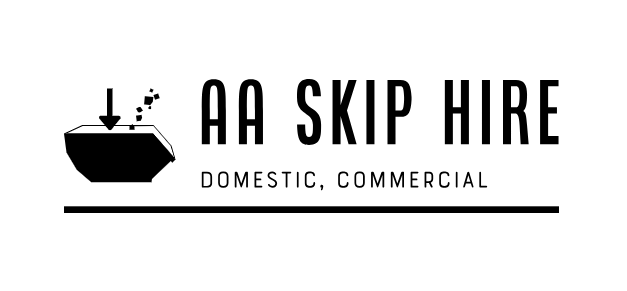What Can You Put in a Skip?
Skips are versatile containers used for waste disposal, but there are certain restrictions and guidelines on what can and cannot be put in a skip. Here are some common items that can typically be placed in a skip:
General Household Waste
This includes everyday items such as furniture, appliances, carpets, packaging materials, and non-hazardous household waste.
Construction and Demolition Waste
Skips are commonly used in construction projects, and they can hold materials like bricks, concrete, tiles, plasterboard, wood, and metals.
Garden Waste
Skip hire is a convenient option for disposing of green waste like grass clippings, branches, leaves, and soil.
Inert Waste
This refers to non-reactive waste materials such as sand, rubble, stones, and soil.
Non-Hazardous Commercial Waste
Skips can be used for commercial waste generated by businesses, including office furniture, paper waste, cardboard, and non-hazardous packaging materials.
Time Efficiency
Commercial skip hire services are often designed to cater to the fast-paced nature of commercial projects. They provide quick and efficient skip delivery and collection, minimizing downtime and allowing for smooth waste management operations. This can be particularly advantageous in commercial settings where time is of the essence, helping to keep the project on schedule.
Expertise in Waste Management
Commercial skip hire companies have specialized knowledge and experience in waste management for commercial projects. They understand the unique challenges and requirements associated with commercial waste disposal and can provide guidance on waste segregation, recycling options, and waste reduction strategies. Their expertise ensures that your waste is handled and disposed of in the most efficient and environmentally friendly manner possible.
While skips are versatile, it’s important to note that there are certain items that should not be placed in a skip due to safety and legal reasons. These typically include:
Hazardous Waste
Hazardous materials such as asbestos, chemicals, paints, solvents, batteries, fluorescent tubes, and medical waste are not suitable for skips. Proper disposal methods should be followed for such items to ensure environmental and public safety.
Electrical Appliances
Items like refrigerators, TVs, computers, and other electrical devices are often classified as electronic waste (e-waste). E-waste has specific disposal requirements due to the presence of potentially harmful components. It’s best to check local regulations and recycling options for e-waste disposal.
Liquids
Skip containers are not designed to hold liquids, so it’s important to avoid placing any liquid waste, including oils, paints, or other liquid substances, in a skip.
Gas Canisters and Cylinders
Propane gas canisters, helium tanks, and similar pressurized containers should not be placed in skips due to the potential risk of explosion.
Hazardous Chemicals
Any materials classified as toxic, flammable, corrosive, or reactive should not be placed in skips. These include items like pesticides, cleaning chemicals, and industrial solvents.
